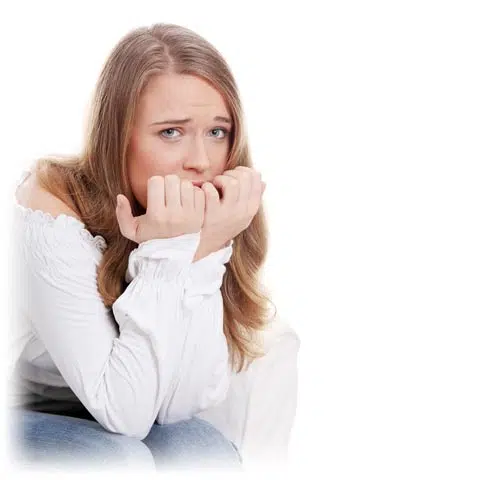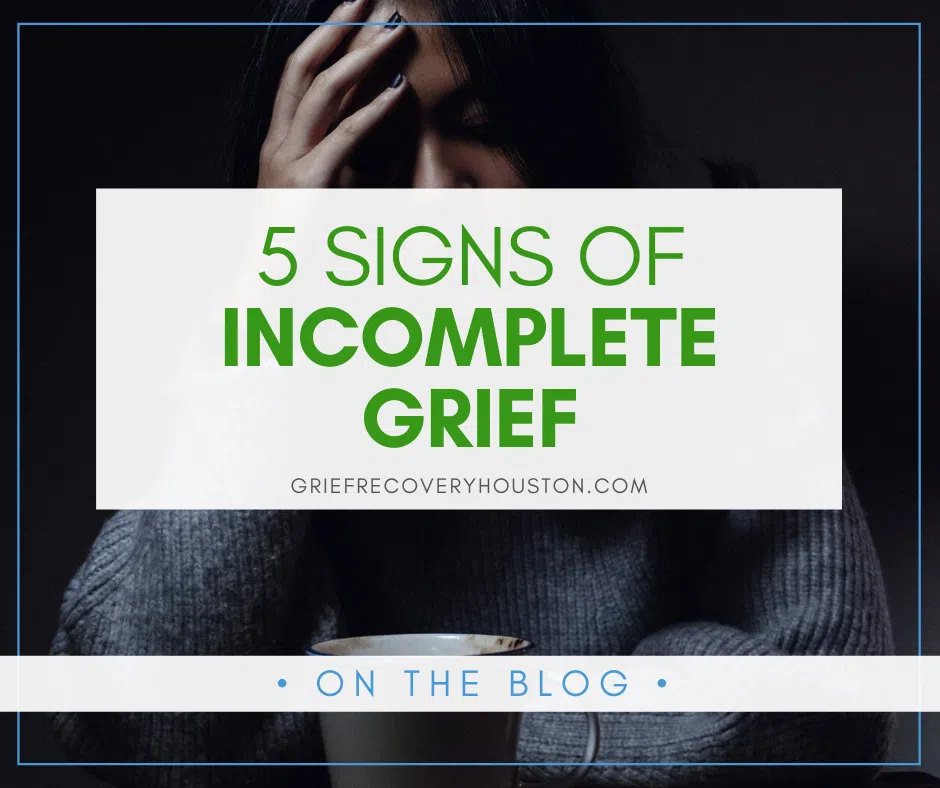- Unpacking Grief and Disability - July 8, 2024
- Breaking the Stigma: 5 Blogs to Better Understand Suicide - May 21, 2024
- 4 Tips for Better Sleep Hygiene - March 4, 2024
The two biggest fears that all human beings have are the fear of death and the fear of public speaking. When you take that into account, it makes total sense that social anxiety is so prevalent in our society. At the anxiety center of Houston, we have found that our clients can experience a whole spectrum of social anxieties. Some may merely feel nervous or uncomfortable, while others may develop a social anxiety disorder that makes any social contact nearly impossible.
But, what is social anxiety?
Our experts at our anxiety center of Houston often treat and deal with anxieties of all kinds. When it comes to social tensions, there are many causes as well as symptoms to be aware of. Often times, a client with social anxieties may find it difficult to seek treatment in the first place. This is because the thought of seeking help in itself is a fearful and excruciating experience.
To help you, or someone you know, understand and open up to getting professional assistance in this area, we will take a look today at the different physical, emotional, and mental roadblocks that is caused by social anxieties.
Living with anxiety or depression can feel isolating and overwhelming, but it doesn’t have to be that way. Our anxiety and depression support group in Houston is here to provide a safe and non-judgmental space for you to share your experiences and feelings. Whether you’re looking for validation, support, or guidance, we welcome you with open arms, just as you are.

What Is It?
A social anxiety disorder, as per our therapists at the anxiety center of Houston, is a stress that is brought on by the pressures of having social contact with anyone they do not know. Regular interactions such as being introduced to strangers, being watched or observed, or even meeting others’ eyes can cause considerable discomfort for someone suffering from social anxiety.
It is one of the most common mental disorders in the US, affecting approximately 7% of the population and begins in early childhood.
The disorder is plagued by a persistent fear of interacting with others and an overwhelming self-consciousness that can be viewed as unreasonable to others without the disorder. At our anxiety center of Houston, clients with social anxiety disorders often describe their anxieties as so severe because of their perceived notion that others are always judging them. They may worry for days, or even weeks in advance for a public event and often have extremely low self-esteem.
What Can Cause Social Anxieties?
At the anxiety center of Houston, our expert counselors can agree that there is no one cause to social anxieties and social anxiety disorders. However, science and research have found that family members with social concerns have shared fears. If one member has this mental illness, another member of the family is more likely to experience it as well.
Social anxieties are usually developed and further in childhood, to early teens. Children that are more prone to shyness are more likely to experience social phobias, especially if they have been bullied, abused, or subject to teasing.
Science and research have yet to find a common denominator to the cause of social anxieties, but it can often be cited to childhood risks and social development.
Physical Symptoms
Social anxieties are felt and experienced by our clients at the anxiety center of Houston. The most common physical aspects of social anxiety disorders include:
- Racing heart
- Tenseness in muscles
- Breathlessness
- Light-headed or feeling dizzy
- Diarrhea, nausea, and stomach pains
- Blushing
- Sweating profusely
- Difficulty speaking
- Trembling
Psychological and Mental Impact
If left untreated, a client experiencing the anxieties may avoid their school or workplace for days or weeks because they are overcome by the illness. Their isolation from people can bring about depression and other anxieties, which makes it hard to seek help and make friends.
The consequences that come from social anxieties, if left untreated at the anxiety center of Houston, can fester into a cycle of negative thoughts, sensitivity to interactions, and overall poor social skills. When social situations are avoided, it can ultimately affect your overall mental health. Many of our clients fear to behave in such a way that they will be embarrassed because their self-esteem is based on how they think they are perceived by others.
When social interactions are so feared out of proportion, typically the anxiety is furthered to cause the individual to feel intensely distressed. It can persist over 6 months or more, making it easier to become isolated psychologically and physically.
Read: 4 Things to Do When Your Anxiety Feels Too Big
How It Affects Everyday Life
According to the clients we see at the anxiety center of Houston, the disorder can tremendously affect everyday life. For some, it can affect their ability to speak or perform in public, making it difficult for them to perform at their best at work or in school. While, for those that are chronically and profoundly affected by social anxieties, being in the presence of others can be extremely difficult and challenging.
Our clients at the anxiety center of Houston are often diagnosed as having social anxiety disorders if their anxieties grossly interfere with their daily routines. Once the disorder overtakes their performance in a social situation where their work, social, and academic life as a result of anxiety, our counselors will then correctly acknowledge the illness and proceed with associated treatment plans.
What’s the Next Step?
If you or someone you know are experiencing anxieties with interacting with others. It is not too late to seek professional assistance to get the directions and learn new strategies to overcome the fear itself. Whether you are sure to having social anxiety disorders or not, it is best to leave the diagnosis to a trained professional therapist. You can contact us at the Grief Recovery Center in Houston, TX for more info today.
The feeling of anxiety can often manifest as a side effect after experiencing a period of grief. Check out our blog post: Understanding Grief-Related Anxiety (+ 5 Ways to Cope).







No comments yet.